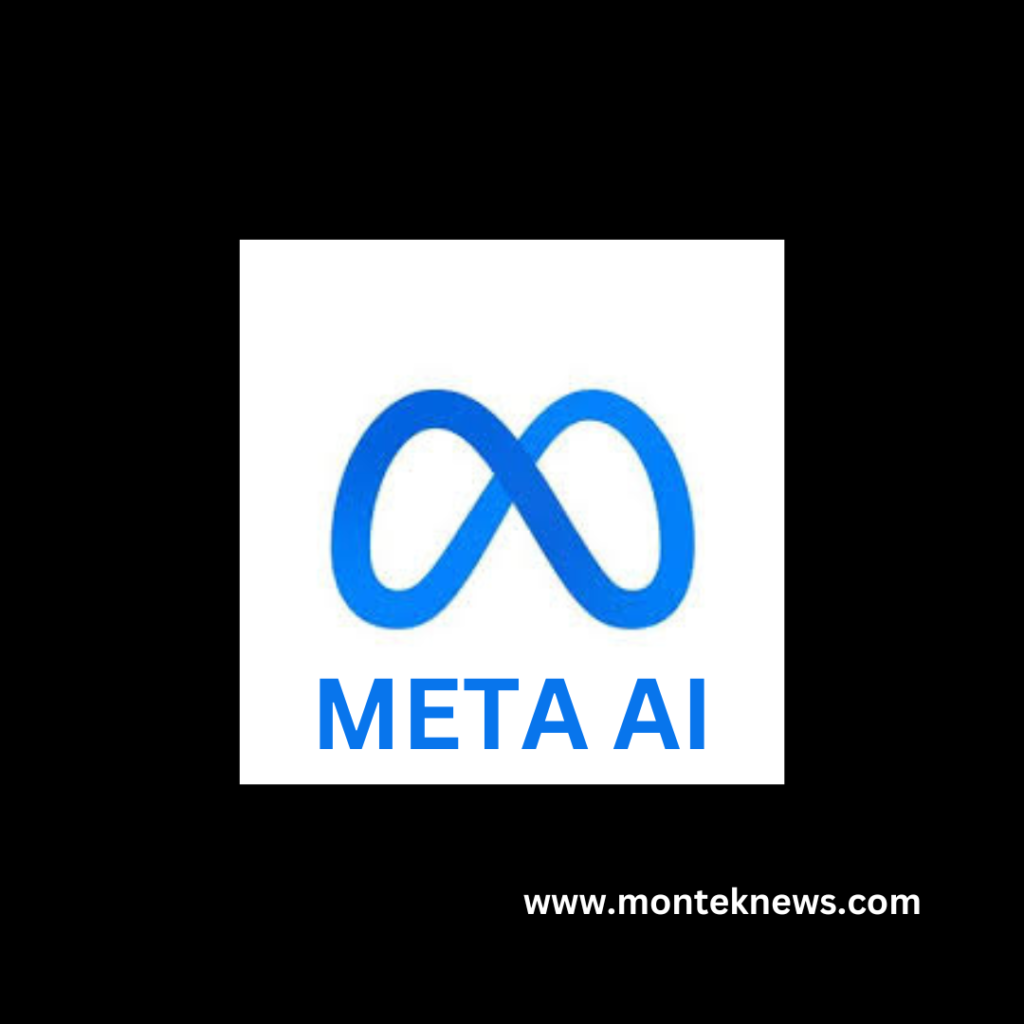Meta Releases AI Model to Evaluate Other AI Models’ Work
Meta, the parent company of Facebook, has introduced a groundbreaking AI model designed specifically to assess the output of other AI systems. This innovative tool represents a significant step forward in the development of artificial intelligence, as it addresses one of the key challenges in the industry: ensuring that AI-generated content is both accurate and reliable. The release of this model is a strategic move in the rapidly evolving AI ecosystem, where the use of AI across industries—from healthcare to finance—continues to expand, and ensuring the quality of these systems is critical.
What Is Meta’s AI Model for Checking AI Outputs?
Meta’s newly unveiled AI model functions as a quality control system for other AI models. This tool, often referred to as a “validator” or “AI auditor,” can be used to analyze the performance, reliability, and accuracy of different AI systems, particularly those that generate complex outputs such as natural language text, images, or even code. By assessing these outputs, the model helps to identify errors, biases, and inconsistencies that might be overlooked by human reviewers.
The primary goal of this AI model is to enhance the trustworthiness of AI-generated content. As AI becomes more embedded in daily applications like recommendation engines, autonomous vehicles, and even customer service bots, it’s crucial that these systems provide accurate information and make decisions that are fair and safe.
Why Is This Important?
- Accuracy and Reliability: As AI applications become more widespread, ensuring their outputs are correct is essential. For instance, AI models used in medical diagnostics, legal research, or financial planning can have severe consequences if they generate erroneous data or insights. Meta’s validator model helps catch these mistakes before they cause real-world harm.
- Bias Detection: Many AI systems have been criticized for replicating or even amplifying human biases. These biases can appear in subtle ways, such as skewed recommendations, unfair hiring algorithms, or biased content moderation systems. Meta’s model can help detect such biases early, preventing their further dissemination and allowing developers to fine-tune their AI systems for fairness.
- AI Governance: As AI becomes more autonomous, there is growing concern about the lack of regulatory frameworks and governance tools that can oversee AI operations. Meta’s model contributes to creating a more transparent and accountable AI development ecosystem, offering insights into how decisions are made by these systems and ensuring that they align with ethical standards.
- Efficiency in AI Development: By automating the process of checking other AI models, developers can reduce the time and resources needed for human audits. This also enables a continuous improvement cycle, where AI systems are constantly monitored and corrected based on real-time evaluations from Meta’s validation model.
Also Read: AI Revolution: Texas Private Schools Transform Learning!
How Does the Model Work?
Meta’s model operates by leveraging machine learning techniques that analyze patterns and statistical properties of data generated by other AI systems. It compares these patterns against a set of pre-defined metrics for accuracy, fairness, and safety. Here are the key mechanisms:
- Data Evaluation: The model examines outputs to see if they align with expected results. For example, if an AI-generated summary of a legal case misses key details or misrepresents facts, Meta’s model will flag this issue.
- Performance Benchmarks: The validator can check if an AI model’s performance deteriorates over time or across different datasets. For instance, an AI chatbot might perform well on English text but struggle with less common languages. Meta’s model ensures such inconsistencies are caught early.
- Bias Monitoring: The system can also highlight patterns of bias in AI-generated outputs, such as whether certain demographic groups are consistently receiving less favorable outcomes in algorithmic decisions.
- Iterative Learning: Based on the issues identified, Meta’s model can suggest improvements, allowing developers to iteratively refine their AI systems without requiring extensive human intervention.
The Impact on the AI Industry
Meta’s validator model is poised to be a game-changer for AI developers and companies relying heavily on machine learning models. The tool can streamline AI evaluation processes, making it easier to deploy reliable AI systems at scale. Companies using AI for customer service, e-commerce, healthcare, and more will be able to quickly assess whether their models meet the necessary accuracy and fairness criteria without spending countless hours in manual audits.
In particular, industries like healthcare and autonomous driving, where accuracy and safety are paramount, could benefit immensely from this technology. The ability to run continuous checks on AI outputs ensures that models maintain high standards even as they encounter new data or real-world scenarios.
Moreover, Meta’s AI model represents an important development for AI ethics. With growing concerns about AI bias and the opaque nature of machine learning systems, a robust validation mechanism offers a way to bring transparency and fairness into the equation.
Future Outlook
Looking ahead, Meta’s validator model could become a staple in AI development across industries. As more companies integrate AI into their operations, ensuring that these systems operate reliably and ethically will be essential. Meta’s tool could also inspire other tech giants and AI researchers to develop similar models, contributing to a broader trend of AI accountability.
Moreover, this release could encourage regulators to look more closely at how AI models are tested and validated before being deployed in critical applications. Governments and regulatory bodies around the world are increasingly calling for stricter oversight of AI technologies, and Meta’s validator could be a step in that direction.
All In All
Meta’s AI model that checks the output of other AI systems is a major milestone in the pursuit of safe and reliable artificial intelligence. By providing a tool that can automate the evaluation of AI outputs for accuracy, bias, and fairness, Meta is contributing to the development of more transparent and accountable AI systems. This innovation is likely to have a wide-reaching impact across various industries, ensuring that AI can be trusted to perform accurately and ethically in the real world.

